

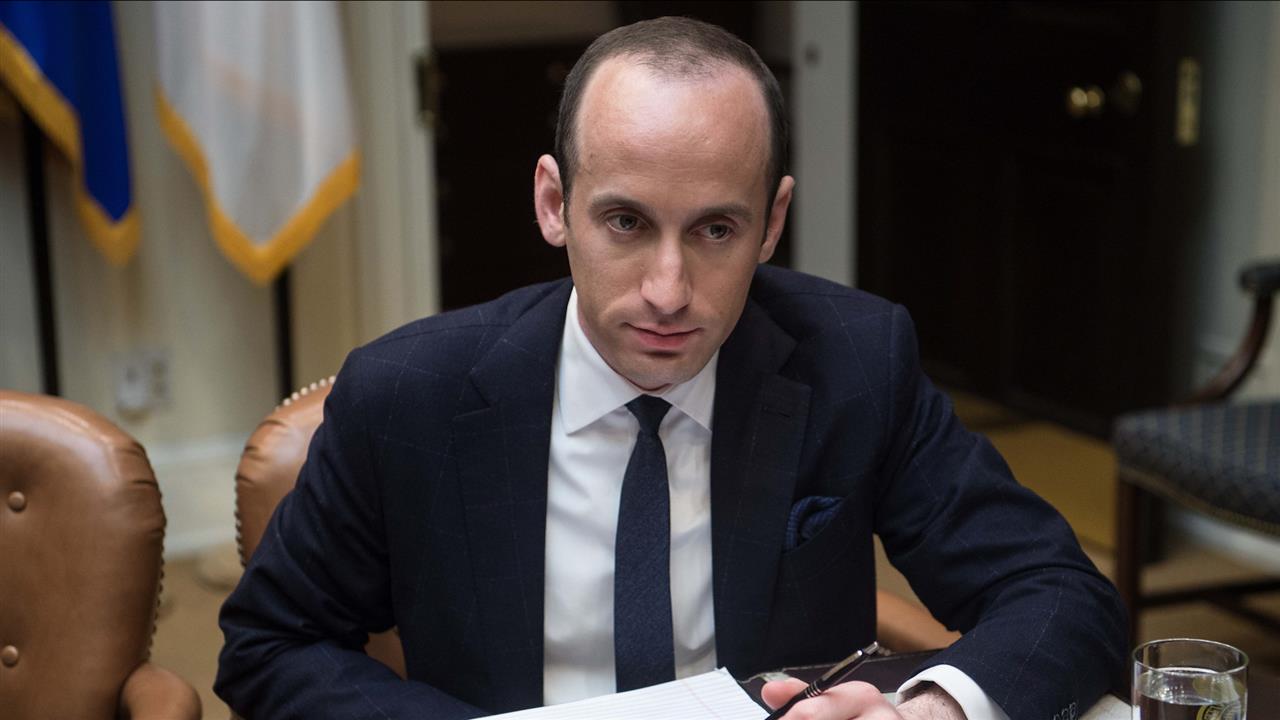
Trump's latest appointments signal a strict immigration policy will continue in his second term. Stephen Miller, a long-time advisor known for his hardline stance on immigration, has been named Deputy Chief of Policy and Tom Homan, a former acting director of ICE, will serve as Border Czar. Miller's influence could lead to major changes for H-1B visa holders, including higher salary requirements and longer processing times. This could have a significant impact on Indian citizens seeking employment in the U.S.
Miller's Influence on Trump's Immigration Policy
Stephen Miller, a long-time advisor to President Trump, has been named Deputy Chief of Policy. Miller is known for his hardline stance on immigration, and his influence is likely to lead to major changes in immigration policy.
One of the most significant changes that Miller could implement is an increase in salary requirements for H-1B visa holders. H-1B visas are granted to highly skilled foreign workers, and the current minimum salary requirement is $60,000 per year. Miller has proposed raising the minimum salary to $130,000 per year, which would make it much more difficult for foreign workers to obtain H-1B visas.
Miller could also implement changes to the processing time for H-1B visas. The current processing time is around six months, but Miller has proposed increasing the processing time to one year. This would make it much more difficult for foreign workers to obtain H-1B visas in a timely manner.
In addition to the changes to H-1B visas, Miller could also implement changes to other aspects of immigration policy. For example, he could propose reducing the number of refugees admitted to the United States each year, or he could propose building a wall along the border between the United States and Mexico.
Miller's influence on immigration policy is likely to have a significant impact on businesses and immigrants alike. Businesses that rely on foreign workers may have to pay higher salaries or wait longer to fill open positions. Immigrants may find it more difficult to obtain visas to work or live in the United States.
Top 5 FAQs on Miller's Immigration Policy
Miller could increase the salary requirements for H-1B visa holders, increase the processing time for H-1B visas, reduce the number of refugees admitted to the United States each year, or build a wall along the border between the United States and Mexico.
Miller's influence on immigration policy is likely to have a significant impact on businesses and immigrants alike. Businesses that rely on foreign workers may have to pay higher salaries or wait longer to fill open positions. Immigrants may find it more difficult to obtain visas to work or live in the United States.
The future of immigration policy under Trump's second term is uncertain. Miller's influence is likely to lead to major changes in immigration policy, but it is unclear what specific changes will be implemented.
Miller's immigration policy could potentially benefit businesses by making it more difficult for foreign workers to obtain visas. This could lead to higher wages for American workers. Miller's immigration policy could also potentially benefit the United States by reducing the number of illegal immigrants and refugees.
Miller's immigration policy could potentially harm businesses by making it more difficult to find qualified workers. This could lead to higher prices for goods and services. Miller's immigration policy could also potentially harm immigrants by making it more difficult for them to obtain visas to work or live in the United States.
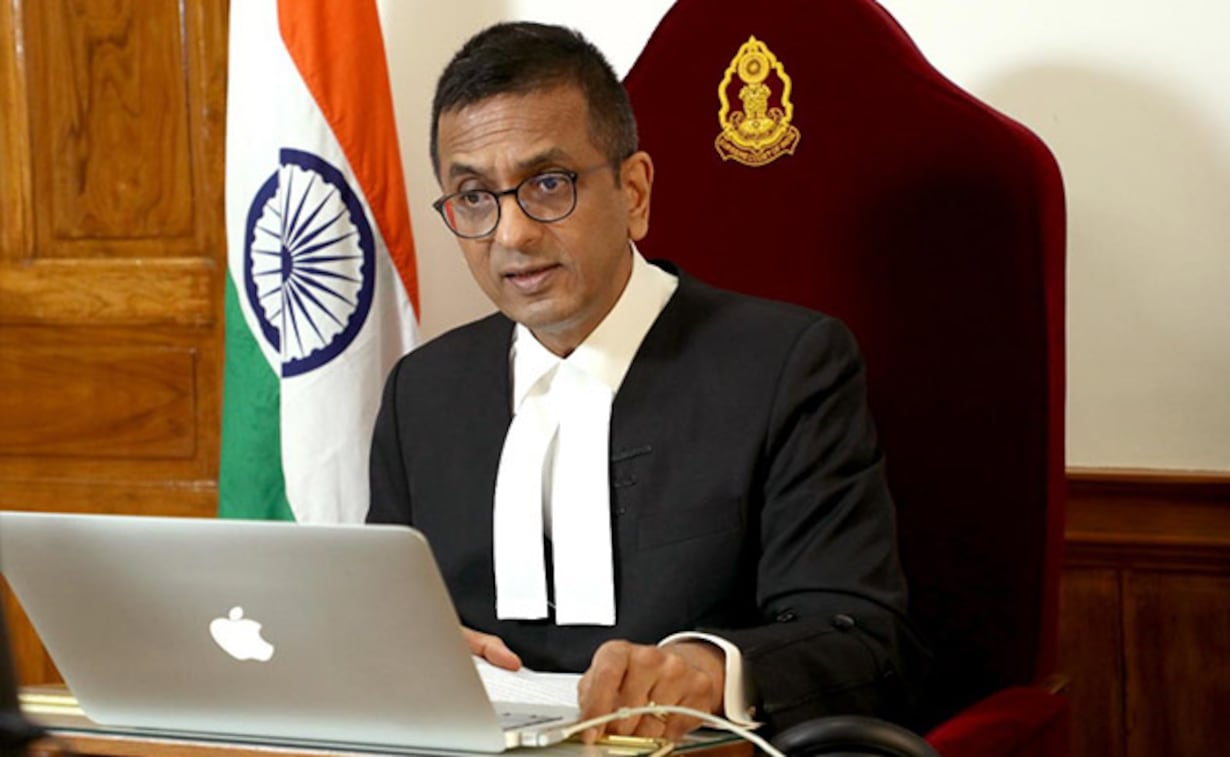
The Chief Justice of India, DY Chandrachud, addressed the controversy surrounding his earlier remark about praying to God for a solution to the Ayodhya dispute. He clarified that his faith does not affect his ability to deliver justice to people of different religions. During a recent event in his village, the CJI stated that seeking guidance from divine powers is not the job of judges and called out those who misinterpreted his statement. Chandrachud reiterated that every person has their own way of finding peace and his personal faith does not interfere with his duties as a judge.
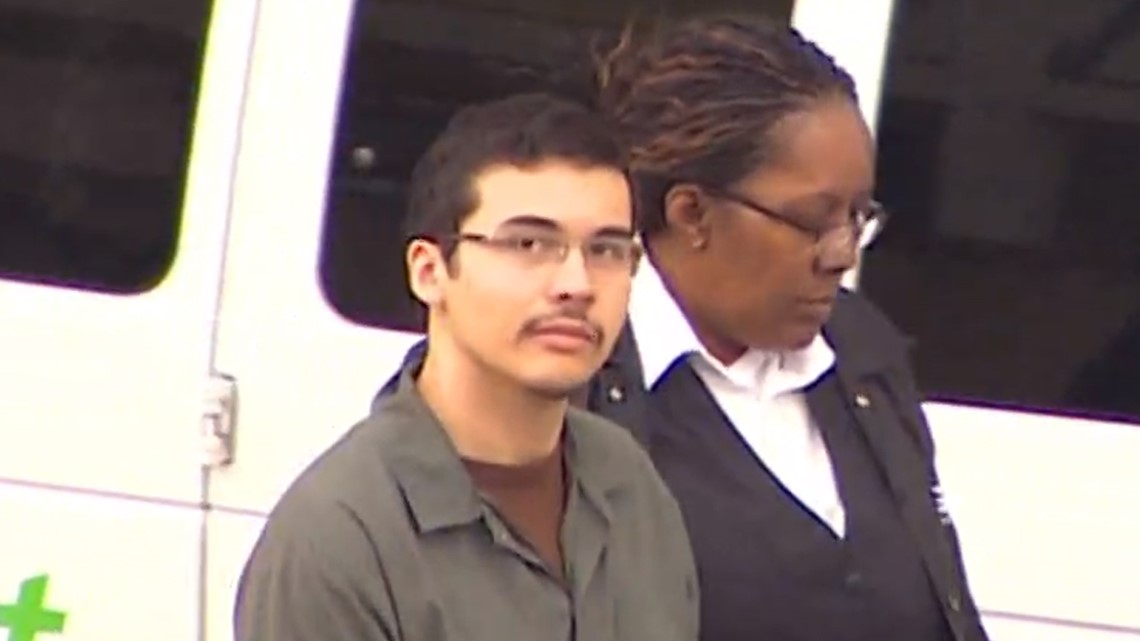
A 28-year-old man from Houston, Texas has been arrested and charged with attempting to provide material support to ISIS. Anas Said was caught after new video footage surfaced showing his intention to join and carry out attacks for the designated foreign terrorist organization. Despite previously denying any involvement with ISIS, Said allegedly admitted to multiple connections and expressed desire to return to Lebanon if released from jail. The arrest was not without resistance, as Said threw his phone and tried to run from FBI agents during the arrest in West Houston.

Andhra Pradesh Deputy Chief Minister Pawan Kalyan, along with his daughters, concluded his 11-day 'Prayaschit Deeksha' at the Tirumala temple in Tirupati on Wednesday. The deeksha was undertaken to seek forgiveness for the alleged use of animal fat in the famous Tirupati laddu. Kalyan will be unveiling a declaration at a public meeting in Tirupati on Thursday before offering meals to devotees in the Anna Prasadam complex and discussing the matter with TTD officials. He had started the deeksha on foot from Alipiri on Tuesday and launched it on September 22 at a temple in Nambur, Guntur district. The leader stated that the laddu, revered by millions, had been defiled due to the actions of the previous ruler and that seeking forgiveness was necessary for cleansing the sins.
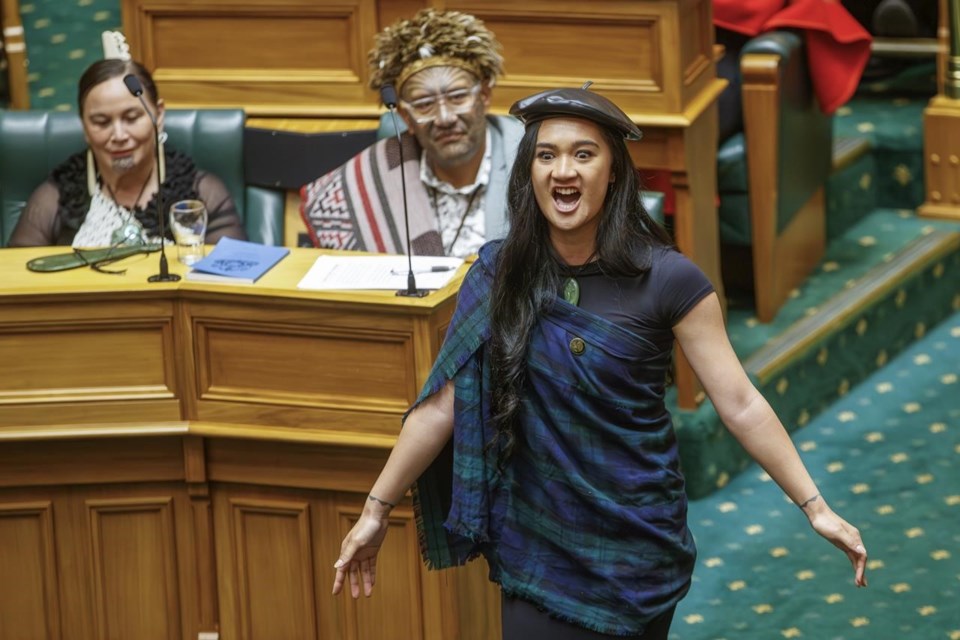
Amid heated debate over a controversial bill that aims to redefine the relationship between the government and Indigenous Maori, the country's parliament was thrown into chaos on Thursday as two lawmakers were ejected and a vote was suspended. The bill, which would specify that Indigenous rights should apply to all New Zealanders, has drawn fervent opposition and sparked protests throughout the country. Despite its unpopularity, the bill passed its first vote due to the political influence of a minor party and reflects a longstanding tension and disagreement over the interpretation and implementation of the 1840 Treaty of Waitangi.
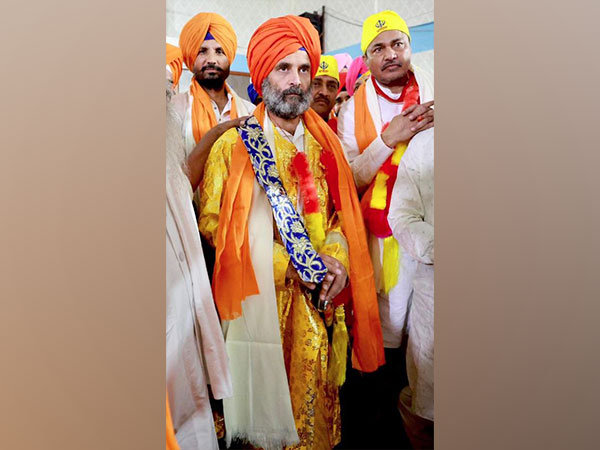
As India prepares to celebrate Guru Nanak Jayanti, a bank holiday has been announced in various states in honor of the birth anniversary of Guru Nanak, the founder of Sikhism. Congress Leader Rahul Gandhi also took to social media to pay his respects and share his thoughts on the significance of Guru Nanak's teachings of unity and service. He also wished everyone a happy Guru Purnima, commemorating the day with a traditional greeting and message of goodwill.

The Central Selection Board of Constable (CSBC) has released the results for Bihar Police Constable recruitment exam, which was conducted on various dates in August across the state. The Board initially scheduled the exam for October 2023 but had to cancel it after the first day due to issues. A total of 21391 constable positions will be filled through this recruitment drive.

Tulsi Gabbard, a former US Army member and trained in martial arts, has been appointed as the Director of National Intelligence (DNI) by President-elect Donald Trump. A video of her firing guns and pistols and going through a military training course has surfaced, impressing netizens with her skills and determination. Some even believe she has what it takes to become the first female US president.
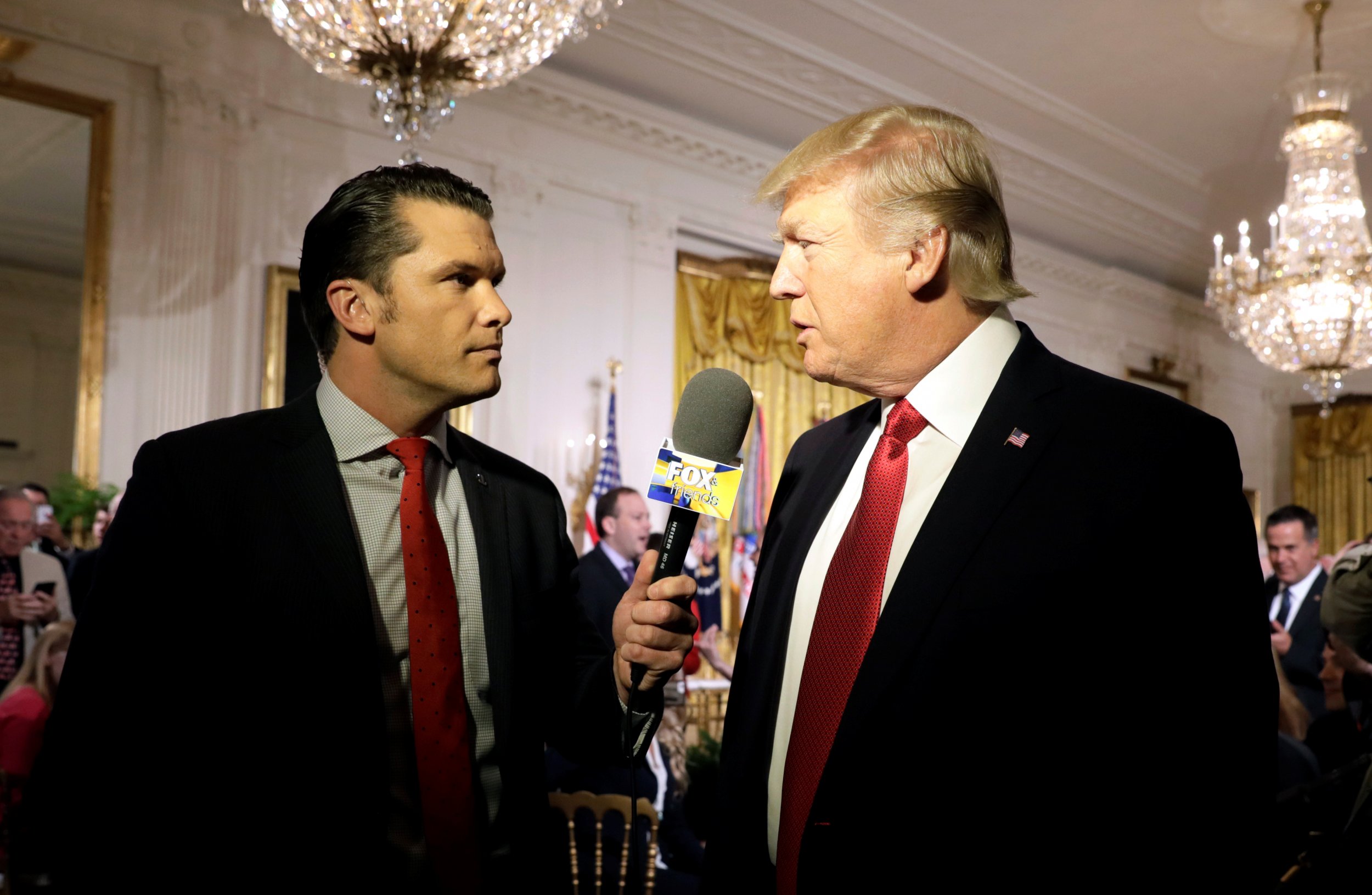
President-elect Trump has chosen Fox News host Pete Hegseth as his nominee for U.S. Secretary of Defense. The controversial pick deviates from the traditional mold for government service as Hegseth lacks senior military or national security experience. While he is best known for his eight years as a commentator and host on Fox News, Hegseth also has a background as an Army Combat Veteran and has led veteran's advocacy groups.
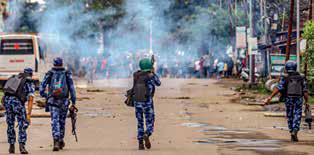
The Ministry of Home Affairs has extended the "Disturbed Areas" status to the jurisdictions of six police stations in Manipur's valley region, following recent incidents of violence. This move comes after months of ethnic conflict in the state, with the MHA citing ongoing sporadic violence in certain areas. While the AFSPA grants armed forces personnel the authority to use force against individuals violating the law, it also requires Central Government approval for prosecution, raising concerns about potential misuse of power.